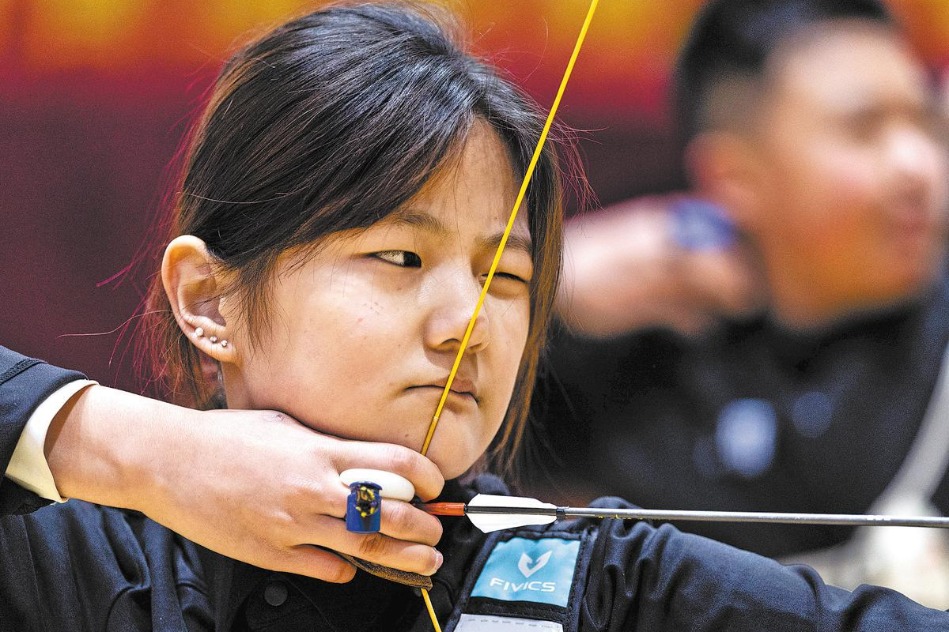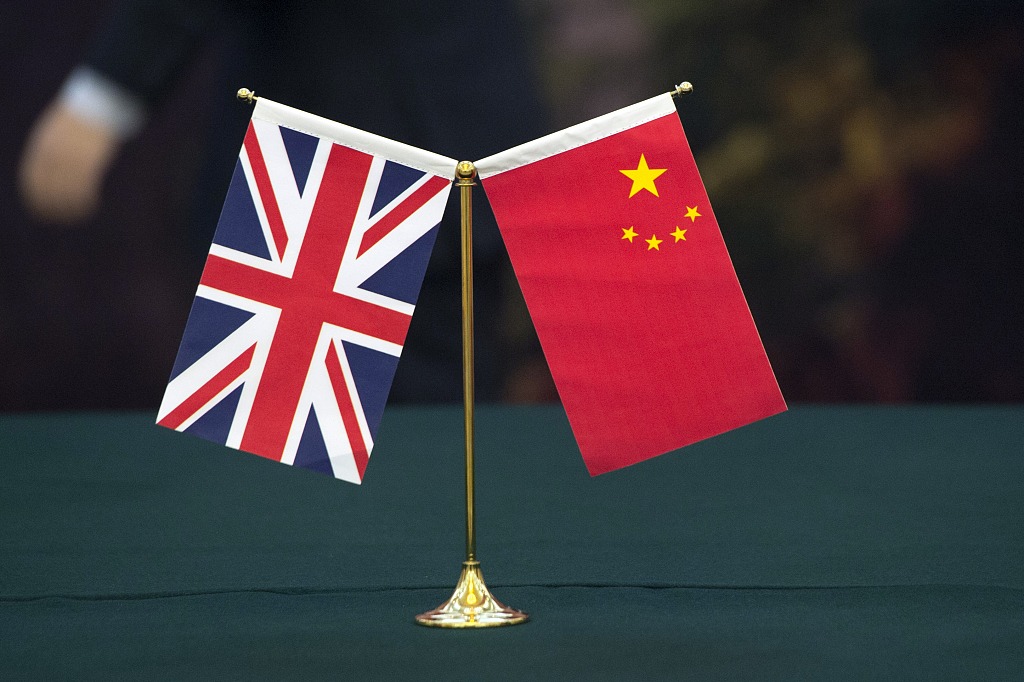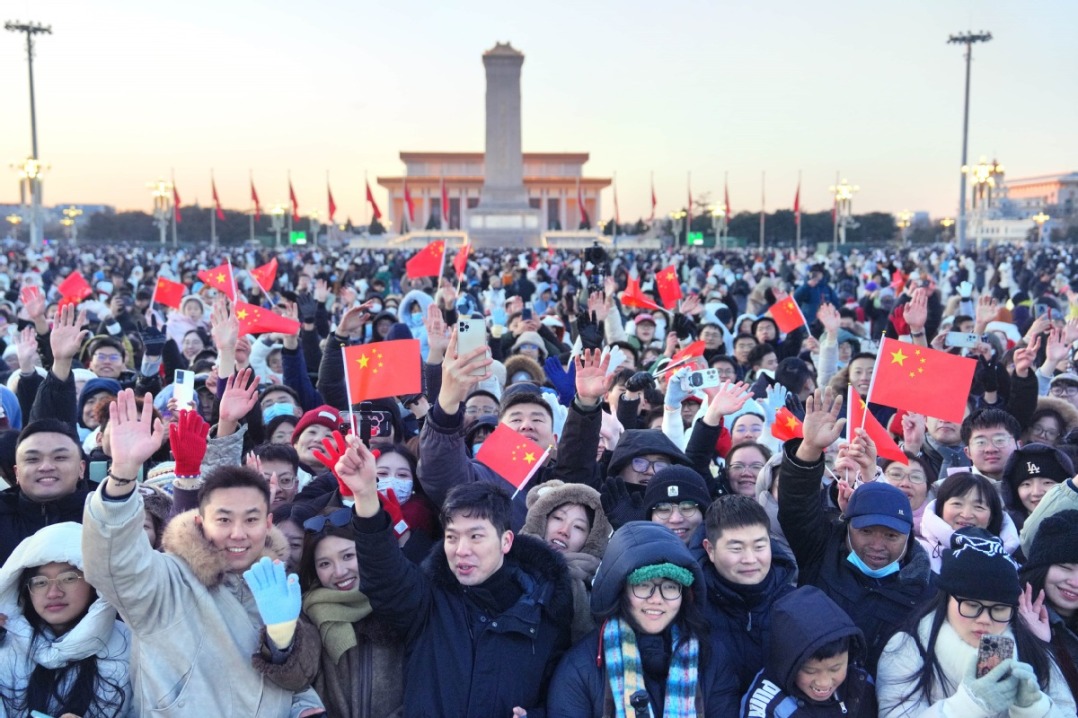Pluralism of modernization should be respected


Editor's note: The following are excerpts of a speech delivered by Zheng Yongnian, a researcher at The Chinese University of Hong Kong (Shenzhen), last week at a forum on building up China's cultural strength.
Although modernity as a set of values was formed in the West from the Renaissance to the Age of Enlightenment, this does not mean that the set of values belongs to the West. In fact, that period of Western history was characterized by openness and inclusiveness. The West absorbed and incorporated many values from other civilizations and cultures, particularly the Chinese civilization and culture.
The contributions of Chinese civilization are material, institutional, and ideological. In terms of its material contribution, the greatest is China's technological inventions, especially the "four great inventions" — the compass, printing, papermaking and gun powder. The West's application of these technologies laid a solid foundation for its modernization.
China's institutional contribution lies in the separation of religion from politics and business from politics, as well as a professional bureaucratic system.
Taoism's emphasis on wuwei, or letting things take their own course, if not nonintervention, had a far-reaching influence on the evolution of Adam Smith's idea of a market economy. Confucianism's stress on education for all proved to be a source of inspiration for the West's popular education today. And the Chinese civilization's concept of datong, or pantisocracy or a world with universal peace, and its concept of tianxia, or the original idea of an international community, both contribute to the good governance of the modern world.
Since the late 19th century, China's pursuit of modernization has also focused on the three levels: material, institutional, and ideological (or human). On the material level, all countries pursue a good life of material prosperity. In this respect, China is not very different from other countries; however, at the institutional and human level, China's modernization is very different from that of other countries, as its modernization is based on its own traditions and practical national situations, rather than the models of the West.
It is the pluralism of modernization that should be respected today. Different civilizations not only have different understandings of the meaning of modernization, but also different contents and different ways of pursuing modernization. Only when a country's modernization conforms to its own civilization, culture and national conditions can it succeed.
China's emphasis on its own path to modernization means that it will not impose its model of modernization upon any other parties, as some Western countries do. Instead, it advocates dialogues and mutual learning among civilizations to jointly advance the modernization of the world through seeking common development along different paths.


































